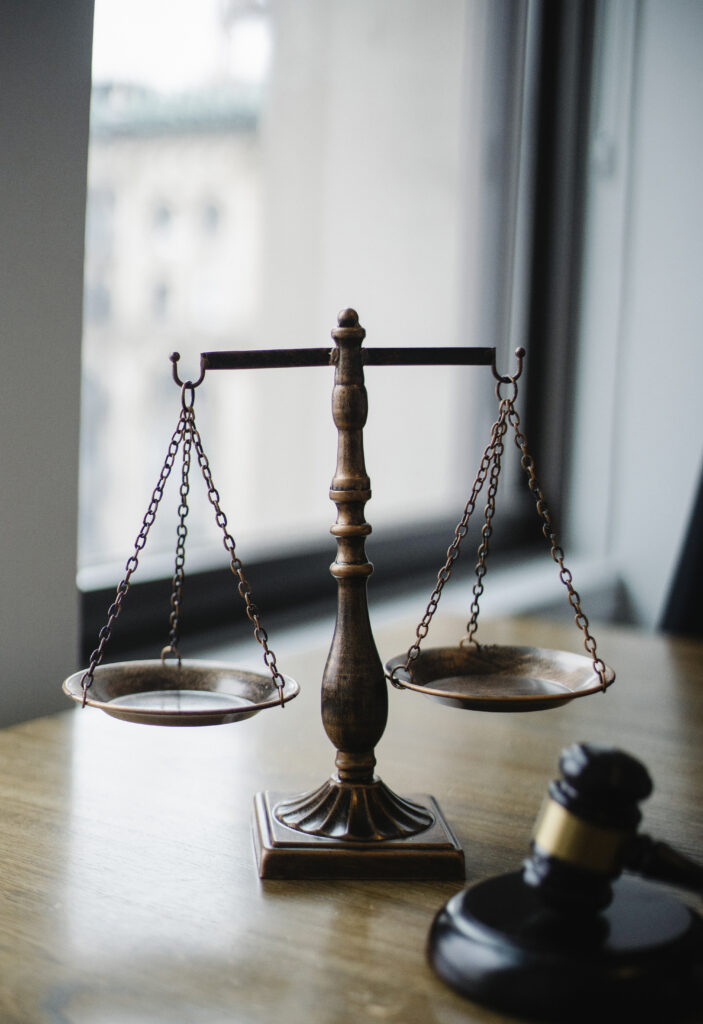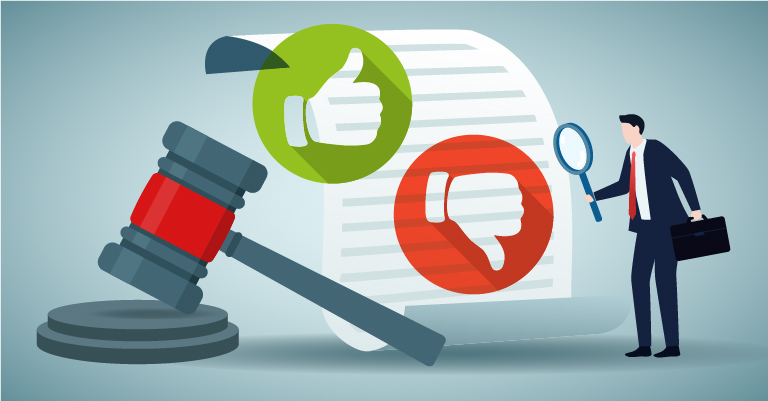
Imagine this scenario: you’re a small business owner who wants to create an attention-grabbing advertisement for your product or service. You stumble upon a catchy jingle or a famous clip from a movie that perfectly encapsulates what you’re trying to convey. But before you hit that upload button, have you considered the potential legal consequences of using copyrighted material in your ads? In this article, we’ll explore the legal implications of incorporating copyrighted material into your advertising campaigns, so you can protect both your business and your creative vision.

Understanding Copyright Law
What is copyright?
Copyright is a legal protection granted to creators of original works, such as literary, artistic, musical, or dramatic works. It provides the creator with exclusive rights to reproduce, distribute, display, and perform their work, as well as to create derivative works based on it.
What does copyright protect?
Copyright protects original works of authorship fixed in a tangible medium of expression. This includes various forms of creative expression such as books, paintings, music, films, sculptures, computer software, and architectural designs.
How long does copyright protection last?
The duration of copyright protection depends on several factors, including the country in which the work was created or published. In many countries, including the United States, copyright protection usually lasts for the life of the author plus an additional 70 years. However, there are different rules for certain types of works and circumstances.
Using Copyrighted Material in Ads
Types of copyrighted material
Copyright applies to a wide range of materials that may be used in ads, including images, photos, videos, music, slogans, logos, and even characters. It is crucial to obtain proper authorization or license before using such material in advertisements.
When do legal implications arise?
Legal implications can arise if copyrighted material is used in ads without the necessary permissions. If the copyright owner discovers unauthorized use of their work, they may pursue legal action against the advertiser for copyright infringement.
Fair use doctrine
Fair use is a legal doctrine that allows for limited use of copyrighted material without permission for purposes such as criticism, commentary, news reporting, teaching, scholarship, or research. However, fair use is subject to specific conditions and is evaluated on a case-by-case basis.
Legal Consequences of Copyright Infringement
Civil liability
In cases of copyright infringement, the copyright holder can file a civil lawsuit against the infringer. If the court determines that infringement occurred, the infringer may be liable for damages, which can include monetary compensation for the copyright owner’s losses.
Criminal penalties
In some cases, willful copyright infringement can be subject to criminal penalties. This typically occurs when infringement is done for commercial purposes, involves a large-scale operation, or counterfeits protected works.
Statutory damages
Statutory damages are a predetermined amount of damages set by copyright law, which can be awarded to the copyright holder without the need to prove actual damages. Statutory damages can range from a few hundred dollars to tens of thousands of dollars per infringed work, depending on the circumstances.
Exceptions and Defenses
License agreements
License agreements allow the use of copyrighted material by obtaining permission from the copyright owner. Advertisers can negotiate and enter into license agreements to obtain the necessary rights to use copyrighted material in their ads legally.
Public domain works
Works in the public domain are not protected by copyright and can be freely used by anyone. These are either works whose copyright has expired, works dedicated to the public domain by their creators, or works that by law cannot be subject to copyright.
Transformative use
Transformative use refers to using copyrighted material in a way that adds new expression, meaning, or purpose to the original work. Courts often consider whether the use is transformative when determining whether it qualifies as fair use or infringement.

The Role of Fair Use
Purpose and character of the use
Courts consider the purpose and character of the use to determine if it qualifies as fair use. Non-commercial, educational, or transformative uses are more likely to be considered fair use.
Nature of the copyrighted work
The nature or type of the copyrighted work can also influence a fair use analysis. Factual or informational works may receive greater fair use protection compared to highly creative or unpublished works.
Amount and substantiality of the portion used
The amount and substantiality of the copyrighted material used in relation to the whole work are evaluated. Using small portions or snippets of a work for purposes such as criticism or commentary is more likely to be considered fair use.
Effect on the potential market
Courts also analyze the potential market impact of the use. If the use of copyrighted material in an ad reduces the value or market for the original work, it may not be considered fair use.
Remedies for Copyright Infringement in Ads
Cease and desist letters
Copyright holders often begin by sending cease and desist letters to advertisers they believe are infringing their works. These letters demand that the infringing activity be stopped and may include a request for compensation or removal of the infringing material from the ad.
Litigation and damages
If a resolution cannot be reached through negotiation or cease and desist letters, the copyright holder may file a lawsuit against the advertiser. In litigation, the court can award damages to the copyright holder if infringement is proven.
Accounting for profits
In some cases, the copyright holder may be entitled to receive all profits gained by the infringer from using the copyrighted material in the ad. This includes not only the actual damages but also the infringer’s financial gain resulting from the use.
Injunctions
A court can issue an injunction, which is a legal order requiring the infringing party to stop using the copyrighted material immediately. An injunction can prevent the continuation or recurrence of copyright infringement.

Copyright Infringement vs. Parody or Satire
Distinguishing between infringement and fair use
Parody and satire can sometimes involve the use of copyrighted material. However, there is a fine line between parody or satire protected by fair use and infringement. Courts consider factors such as the purpose, intent, and transformative nature of the parody or satire.
Factors considered by courts
Courts often consider factors such as the degree of transformation, whether the parody comments on the original work, the amount of the copyrighted material used, and the market impact of the parody. These factors help determine whether the use is protected by fair use or constitutes infringement.
Copyright Fair Use Guidelines
Education and research
Fair use allows for the limited use of copyrighted material in educational settings and for research purposes. However, the use must be transformative and not harm the potential market for the original work.
News reporting and commentary
Fair use can permit the use of copyrighted material in news reporting and commentary, provided it is done for informational or critical purposes and not to substitute for the original work.
Criticism and review
Fair use can apply to the use of copyrighted material for purposes of criticism, review, or analysis. Here, the transformative nature of the use and the specific context of the work are important factors.
Transformative works
Fair use can protect the creation of transformative works that significantly add to or change the original material. This can include parodies, satires, remixes, or mashups that provide a different perspective or commentary on the original work.
Avoiding Copyright Issues in Ads
Creating original content
The best way to avoid copyright issues in ads is to create original content. This guarantees that the material used is not infringing on anyone’s copyright and allows for full creative control over the ad.
Seeking permission
When using copyrighted material in ads, it is advisable to seek permission from the copyright owner. This can be done through license agreements, which grant the necessary rights to use the material legally.
Using public domain or Creative Commons-licensed material
Using works that are in the public domain or covered by Creative Commons licenses ensures that the material can be utilized without infringing copyright. These resources offer a wealth of content that can be freely and legally used in ads.
Conclusion
Understanding and respecting copyright law is essential when using copyrighted material in advertisements. Advertisers must be aware of the legal implications and potential consequences of copyright infringement. By following fair use guidelines, seeking permission when necessary, and creating original content, advertisers can ensure they remain in compliance with copyright laws while creating engaging and impactful ads.
